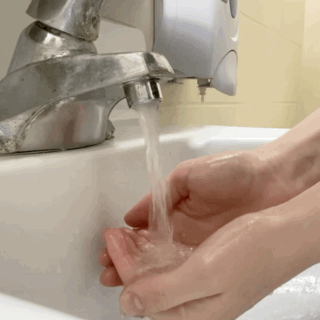As more and more people get vaccinated, it means a return to some “normal” social activities with friends and family. Illinois Governor J.B. Pritzker says the state could soon reach a “bridge” phaseof the reopening plan, before a transition to full reopening.
But even some people who thought they’d be excited to rush back into hangouts and game nights are experiencing what Suzanne Degges-White refers to as “societal re-entry anxiety.” She’s a counselor and chair of Northern Illinois University’s Department of Counseling and Higher-Ed.
“We've got so used to thinking we can't engage closely, or we have to stay outside, if we go in, we wear a mask," said Degges-White. "Our brains really [got used to it] because the survival of the species depends on us following the science.”
The pandemic has been a rare collective trauma. So, she said, we need collective healing too.
“It's so important that we empathize with folks’ fears and their hesitancy,” she said. “This rocked the world and we don't know what someone else experienced in their own family, what they saw among their friends, or concerns they have that are being fueled by facts.”
She said it means not taking it personally if friends or family are reluctant to re-engage, even if they’re vaccinated. It could also be an opportunity to ask them about their hesitancy and let them share their experience.
Even if they’re vaccinated and with other vaccinated people, she said, it’s also understandable some will feel like they’re doing something bad or getting away with something. She explains that this feeling unavoidable when trying to recalibrate after 14+ months of COVID-19, adjusting to the “new normal.”
Even if you aren’t feeling hesitant, Degges-White said to allow yourself time to rest and reflect -- even extraverts can get easily exhausted hanging out in groups after a year not doing so. Everyone’s mileage may vary on how long it takes you to ease back into it, but she reassured that it will feel normal eventually.
There has been a surge in depression and anxiety cases during COVID. If you’re feeling high levels of anxiety because of the pandemic, she said it might be helpful to talk to a counselor about it through telehealth services.


